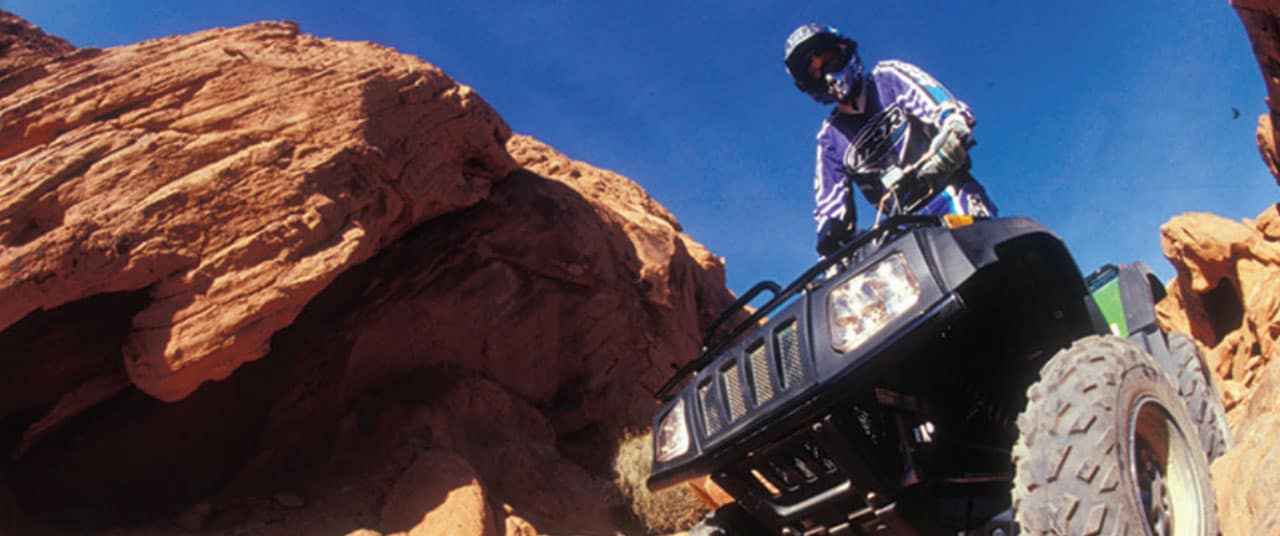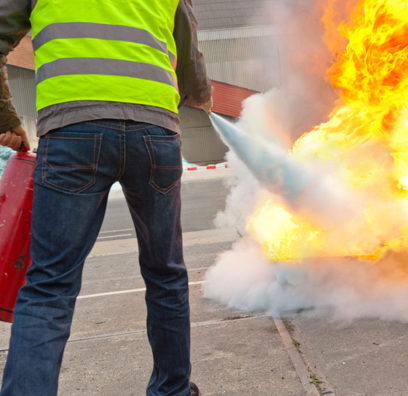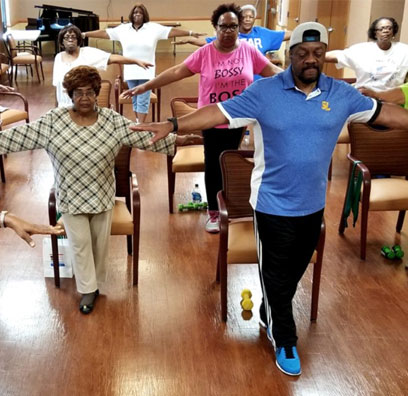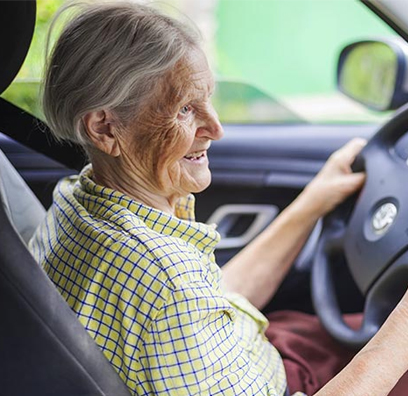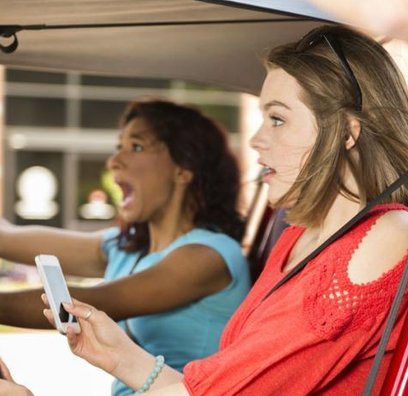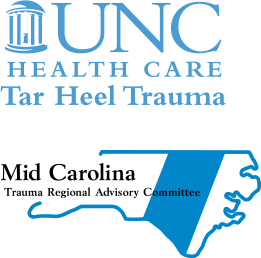ATV Riding Safety
ATV riding can be a fun and exciting experience when done safely. Sadly, we see far too many ATV-related injuries in our Trauma Center. By following precautions and being a smart rider you can mitigate your risk and other riders.
It is important to carefully read and follow the instructions and warnings in the ATV’s owner’s manual and on its labels. ATVs handle differently from other vehicles such as motorcycles and cars. Proper instruction and practice are important.
North Carolina ATV Laws
North Carolina state law requires all riders wear protective eye wear and a proper helmet. For details about the law and at what age children are legally permitted to operate an ATV click here.
To access the legally required certification class for operating an ATV in NC click here
ATVs can be hazardous to operate. For your safety:
- Always wear a DOT-compliant helmet, goggles, long sleeves, long pants, over-the-ankle boots, and gloves.
- Never ride on paved roads except to cross when done safely and permitted by law – another vehicle could hit you.
- ATVs are designed to be operated off-highway. Never ride under the influence of alcohol or drugs.
- Never carry a passenger on a single-rider ATV, and no more than one passenger on an ATV specifically designed for two people.
- Ride an ATV that’s right for your age.
- Supervise riders younger than 16; ATVs are not toys.
- Ride only on designated trails and at a safe speed. Take a hands-on ATV RiderCourse and the free online E-Course. Visit ATVSafety.org or call 800.887.2887.
Take a hands-on ATV RiderCourse and the free online E-Course. Visit ATVSafety.org or call 800.887.2887.
ATV Safety Tips Specifically for Kids from the American Academy of Pediatrics
- Children who are too young to have a driver's license should not be allowed to operate or ride off-road vehicles. Children are involved in about 30 percent of all ATV-related deaths and emergency room-treated injuries.
- Because their nervous systems and judgment have not fully developed, off-road vehicles are particularly dangerous for children younger than 16 years.
- Don't ride double. Passengers are frequently injured when riding ATVs. Most ATVs are designed to carry only one person: the driver. Passengers can make ATVs unstable and difficult to control.
- All ATV riders should take a hands-on safety training course.
- All riders should wear helmets, eye protection, sturdy shoes (no flip-flops), and protective, reflective clothing. Appropriate helmets are those designed for motorcycle (not bicycle) use, and should include safety visors/face shields for eye protection. Wearing a helmet may prevent or reduce the severity of these injuries.
- ATVs lack the common safety equipment found on all cars and trucks that are designed for street use. ATV tires are not designed to grip on pavement, so operators should not ride on paved roads. Parents should never permit nighttime riding or street use of off-road vehicles.
- Flags, reflectors and lights should be used to make vehicles more visible.
- Drivers of recreational vehicles should not drive while under the influence of alcohol, drugs or even some prescription medicines. Parents should set an example for their children in this regard.
- Young drivers should be discouraged from on-road riding of any 2-wheeled motorized cycle, even when they are licensed to do so, because they are inherently more dangerous than passenger cars.
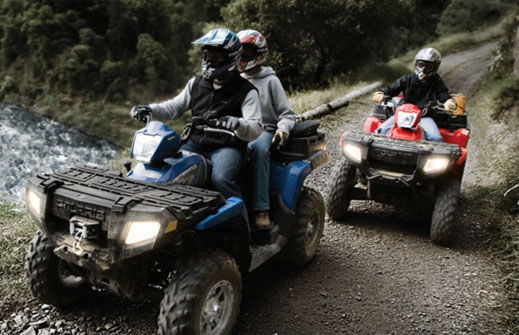
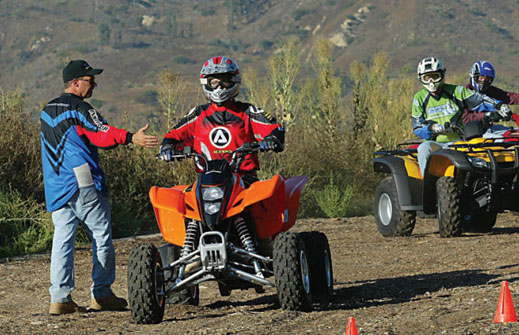
For More information, please don’t hesitate to inquire:
101 Manning Dr., Chapel Hill, North Carolinatarheeltrauma@unchealth.unc.edu

